RAS facility expected to produce 1,500 metric tons salmon
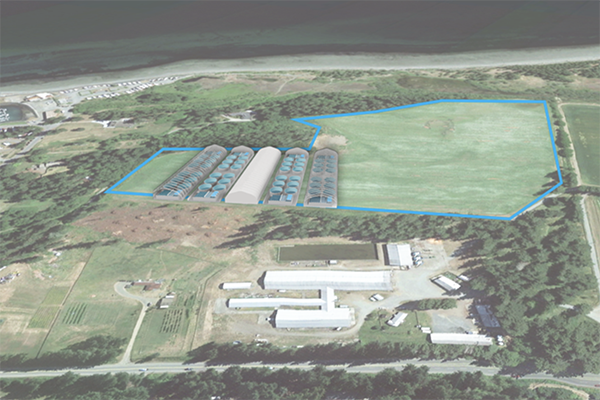
Blue Star Foods Corp, a sustainable seafood company with a focus on recirculatory aquaculture systems (RAS), has announced that its subsidiary, Taste of BC Aquafarms, applied for an aquaculture license from the Department of Fisheries and Oceans (DFO). Taste of BC Aquafarms is seeking approval to build a salmon aquaculture facility that uses a land-based recirculating aquaculture system.
The proposed facility in Campbell River, British Columbia will annually produce 1,500 metric tons (MT) of head-on gutted steelhead salmon. The cutting-edge facility will use Taste of BC’s module-based RAS. Construction is anticipated to commence in 2023 with an investment of approximately $35 million.
“Since the Government of Canada has committed to a transition of the ocean-based salmon farming industry to more sustainable and environmentally sensitive technologies, we are excited to be able to lead in the development of land-based salmon farming here in BC,” said Steve Atkinson, managing director of Taste of BC Aquafarms. “Our approach certainly meets their objectives, and we anticipate strong support from DFO for this project. Salmon farming is a vital part of our economy here on Vancouver Island and we look forward to being a major part of its future.”
This new proposed facility will be built in modules, essentially replicating what the team has done successfully over the years and will be situated on land with “ample room for additional expansion in the future.” Atkinson said that this is the first of several farms that the company intends to build.
The proposed site is co-located with a local distillery and barley farm. The 380-acre site features abundant fresh water with the capacity for future expansion. The salmon farm will operate with zero discharge off-site by capturing the water and nutrient discharges from the facility to fertilize the adjacent crops.
“The nutrient created by growing salmon will be used to grow barley which in turn will be distilled into Spirits,” said Ben Atkinson, CEO of Taste of BC Aquafarms. “In this facility, we will grow our salmon with innovative technology that respects the environment and ensures no contact with wild salmon species on our coast.”
Follow the Advocate on Twitter @GSA_Advocate
Now that you've reached the end of the article ...
… please consider supporting GSA’s mission to advance responsible seafood practices through education, advocacy and third-party assurances. The Advocate aims to document the evolution of responsible seafood practices and share the expansive knowledge of our vast network of contributors.
By becoming a Global Seafood Alliance member, you’re ensuring that all of the pre-competitive work we do through member benefits, resources and events can continue. Individual membership costs just $50 a year.
Not a GSA member? Join us.
Author
-
Responsible Seafood Advocate
[103,114,111,46,100,111,111,102,97,101,115,108,97,98,111,108,103,64,114,111,116,105,100,101]
Related Posts
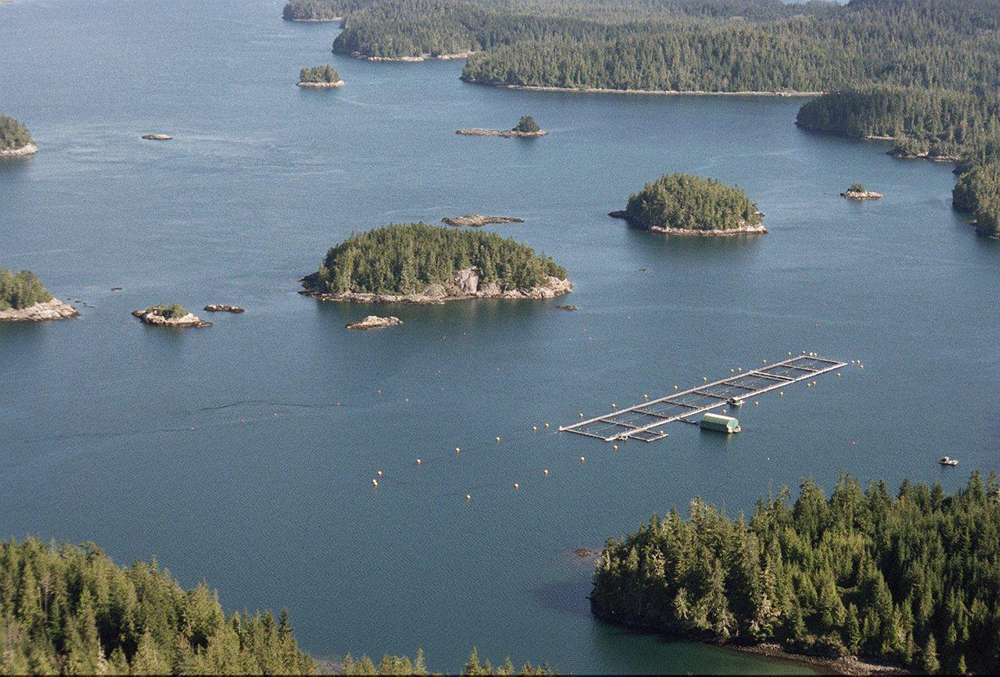
Intelligence
Canada renews licenses for BC salmon farms outside Discovery Islands until spring 2023
The Canadian government has announced a two-year renewal of licenses for BC salmon farms outside of the Discovery Islands.
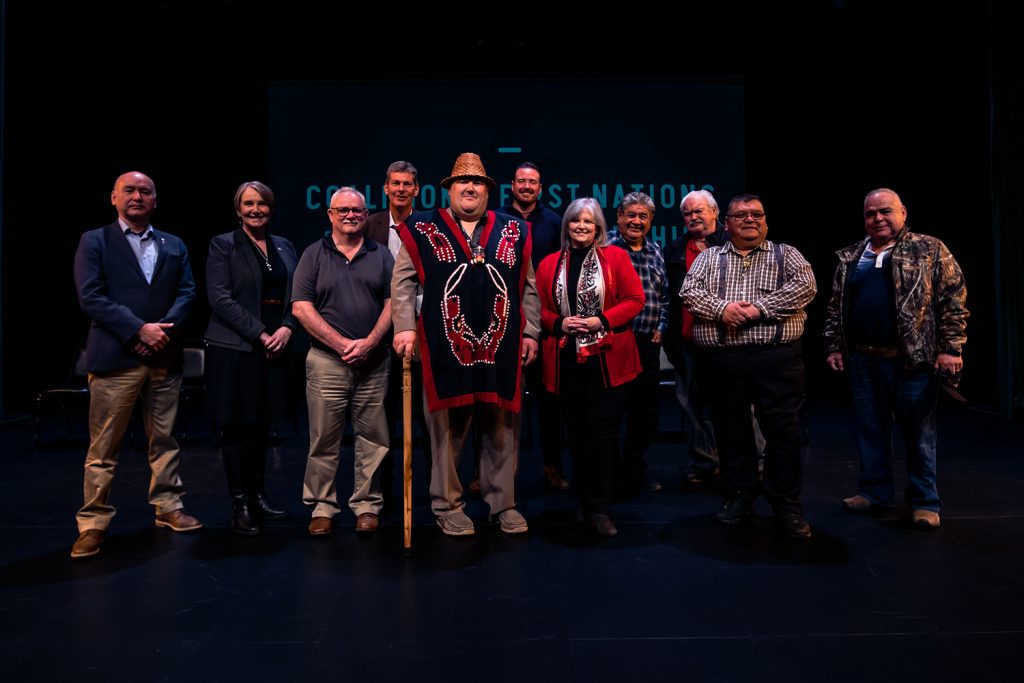
Responsibility
Some First Nations are asserting their right to farm salmon, despite pending government closures
With salmon farm closures imminent, some First Nations are taking action to preserve ocean-based farming and assert Indigenous sovereignty.
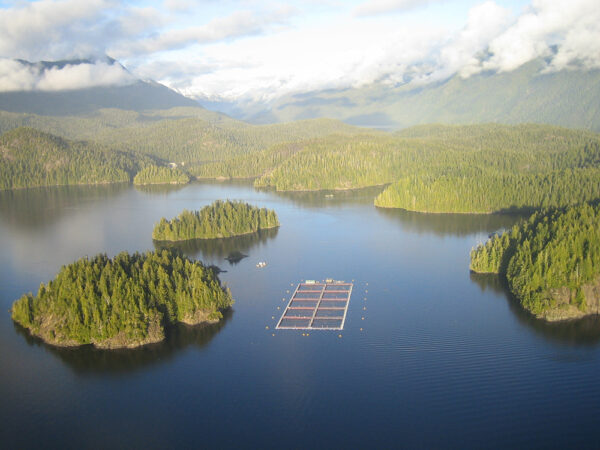
Responsibility
Leading scientists defend Canada’s peer-reviewed science advisory process on salmon farming
Nine top scientists are publicly defending the science and advice presented on salmon farming by the Canadian Science Advisory Secretariat.
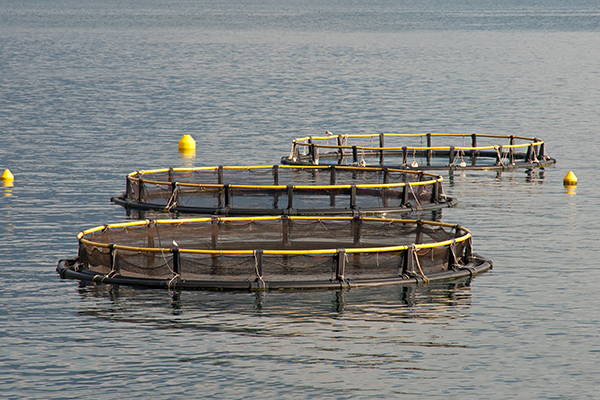
Responsibility
Cermaq Canada and Ahousaht Nation renew five-year salmon farming protocol
Cermaq Canada and Ahousaht First Nation have renewed a five-year protocol to guide salmon farming practices on the west coast of Vancouver Island, British Columbia.



